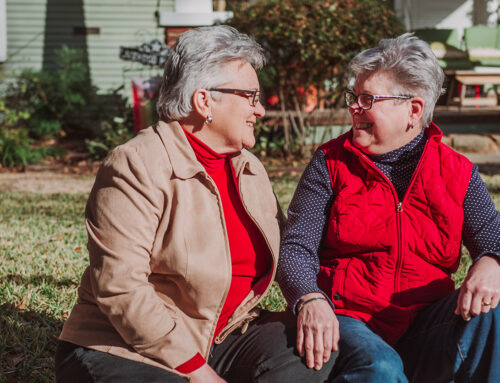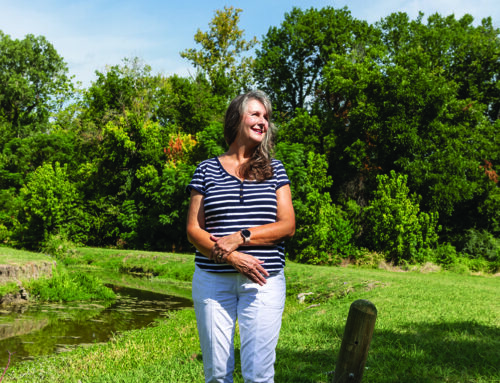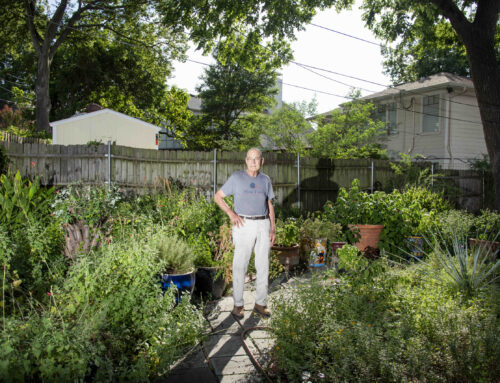This fall, the people who live around here did an astonishing thing. We told our elected officials, at a series of budget town hall meetings, that we would pay higher property taxes to fund city programs that would otherwise have been eliminated.
The politicians looked as if their world had exploded. For 30 years, since voters in California approved Proposition 13 and started the anti-tax movement, every politician in the United States has said the exact same thing about taxes: No, no, no, no. And no again. And then no some more for good measure.
And to make the scenario even stranger, taxpayers in three of the other four neighborhoods where we do magazines all said mostly the same thing – raise our taxes if it will keep the rec centers and libraries open.
The politicians that I watched during the budget deliberations didn’t quite know what to do in this brave, new world, although Lakewood’s Sheffie Kadane stuck to the script. “We have been taxed, taxed, and taxed to death on our property,” he said. “That’s wrong. We have to stop beating on the property taxes. It’s as if we don’t even own our property any more.” And then he said we needed to find a way to tax suburbanites who use city services.
I feel the politicians’ pain. They have been saying the same thing over and over for so long that they probably don’t see any alternatives – kind of like how all educated 15th-century Europeans thought the world was flat. A round world, like paying higher taxes for services we want, was not part of their reality.
That’s why it’s so nice to see their constituents pointing them in the right direction. Neighborhood voters understand how the system works in a way that our elected officials apparently don’t. They understand that we live in a low-tax state, so that we have actually have room to talk about these things in a way that voters in New York City don’t. A New York City resident pays about $2,600 in property taxes on a $400,000 home, reports Steve Kenny, the Advocate’s Manhattan correspondent, But they also pay a 3 percent New York City income tax, a 3 percent New York state income tax, and a sales tax that works out to almost 9 percent. All told, the $400,000 New York City homeowner pays, very roughly, $10,000 in city and state income tax and maybe $500 more a year in sales taxes than we pay. We have no city or state income tax, and our sales tax is about three-quarters of point less than their sales tax. So that $10,000 property tax bill, plus the sales tax, is all our local governments have to work with.
The city, in fact, gets about 25 percent of the money needed to run its day-to-day revenue from property taxes and 20 percent from sales taxes. This is not to say we need a city or state income tax or that anyone who raised their hand for a property tax increase at the town hall meetings wants those things. What it says is that voters in East Dallas and Lakewood are willing to take a fair, balanced, reasoned look at the way we tax ourselves and what our options are – and without any of the political demagoguery that usually prevents any such discussion. (Are you listening, Mayor Park Cities?)
It’s one thing to say “No new taxes!” and then hold our breath until we turn blue. It’s another to cut back on police and fire services, to say nothing of libraries and rec centers, because we’re afraid to talk about the subject. Hopefully, our elected officials can take a cue from us and be open to talking openly and honestly about what needs to be done.





